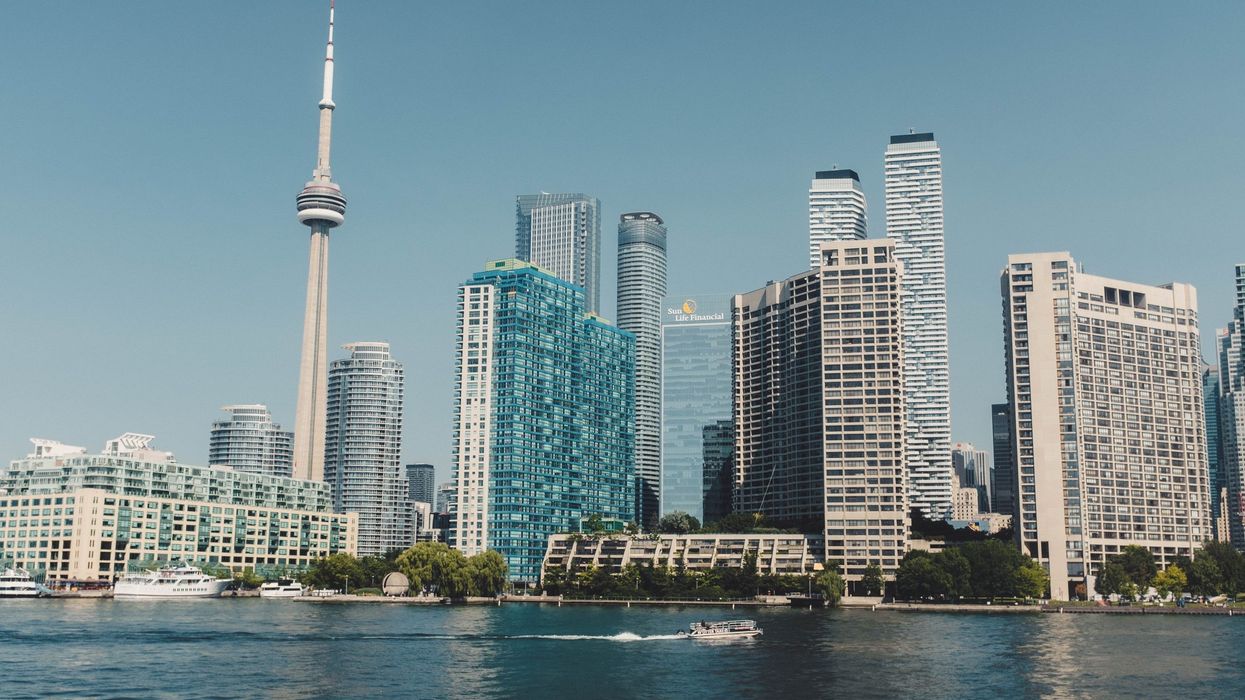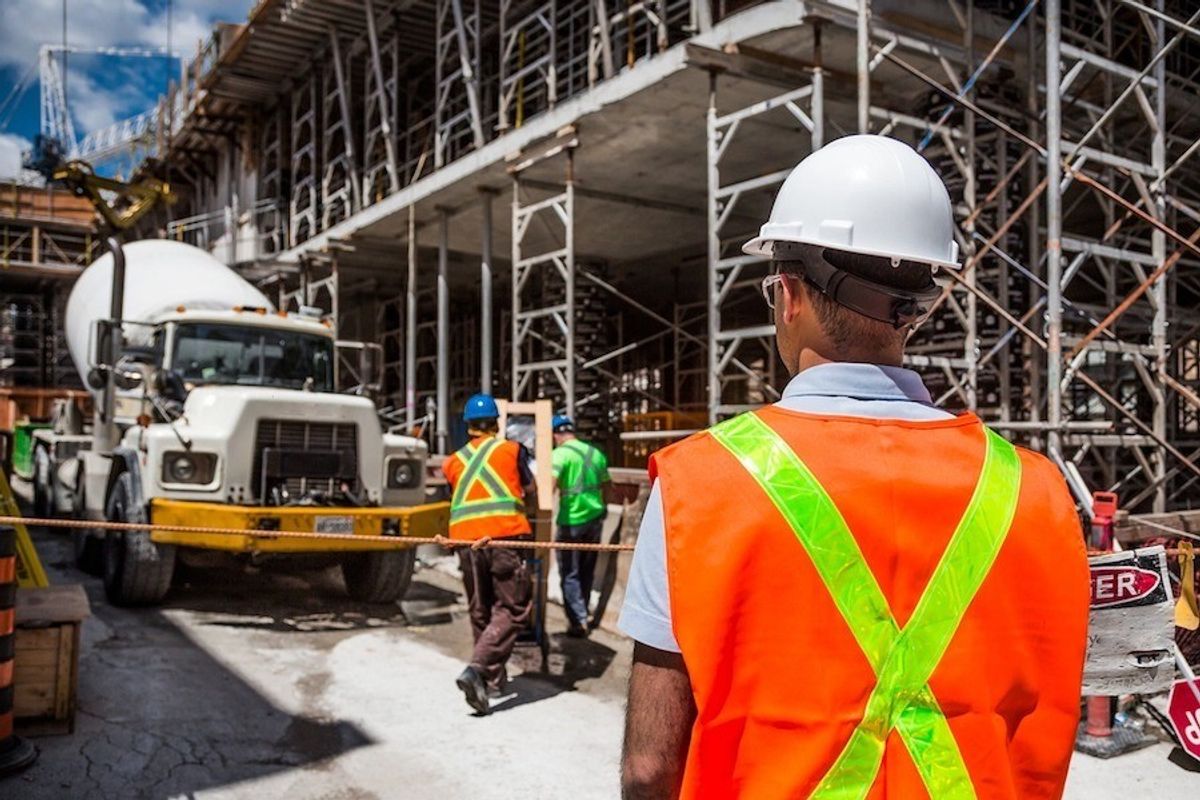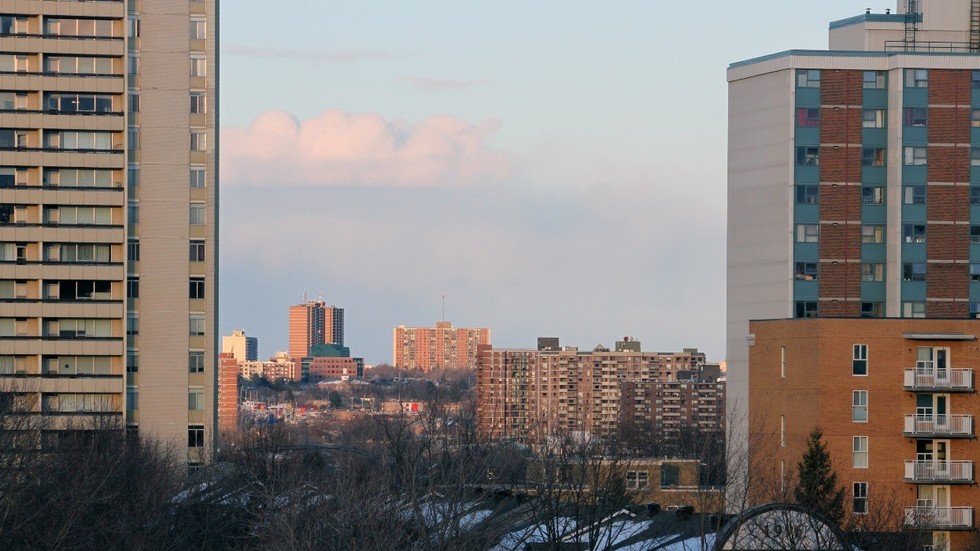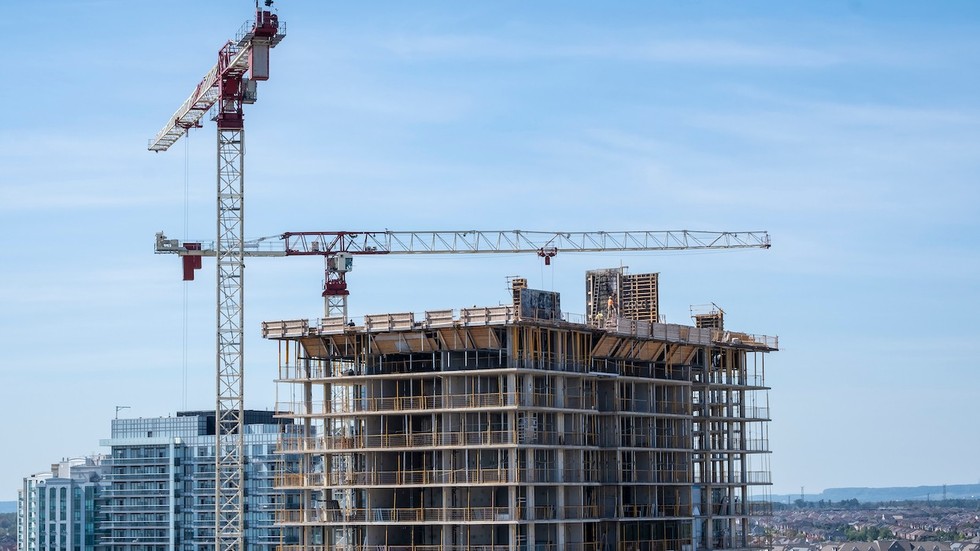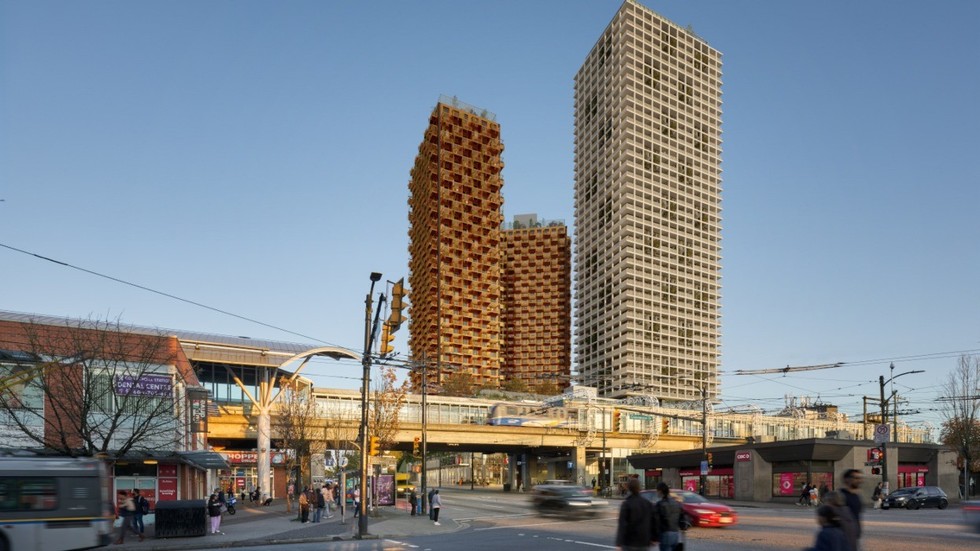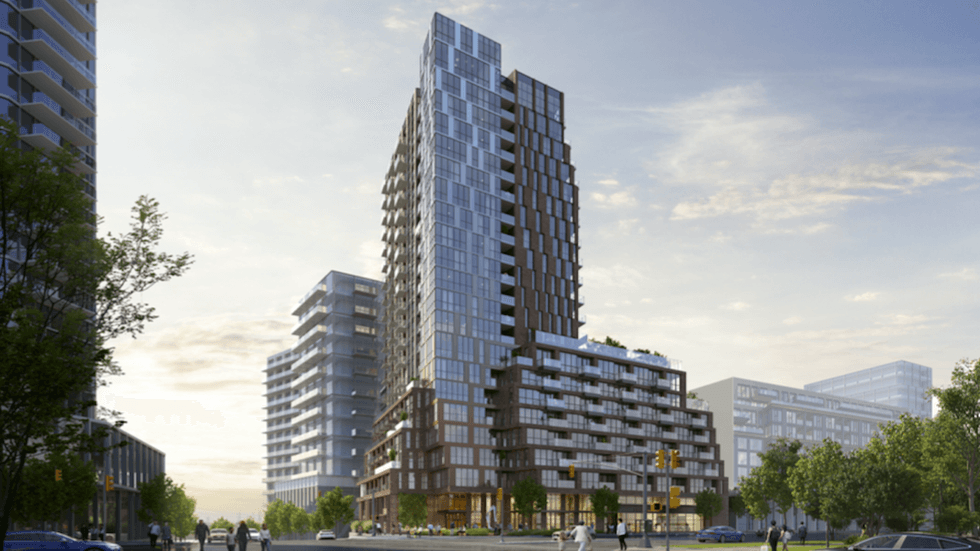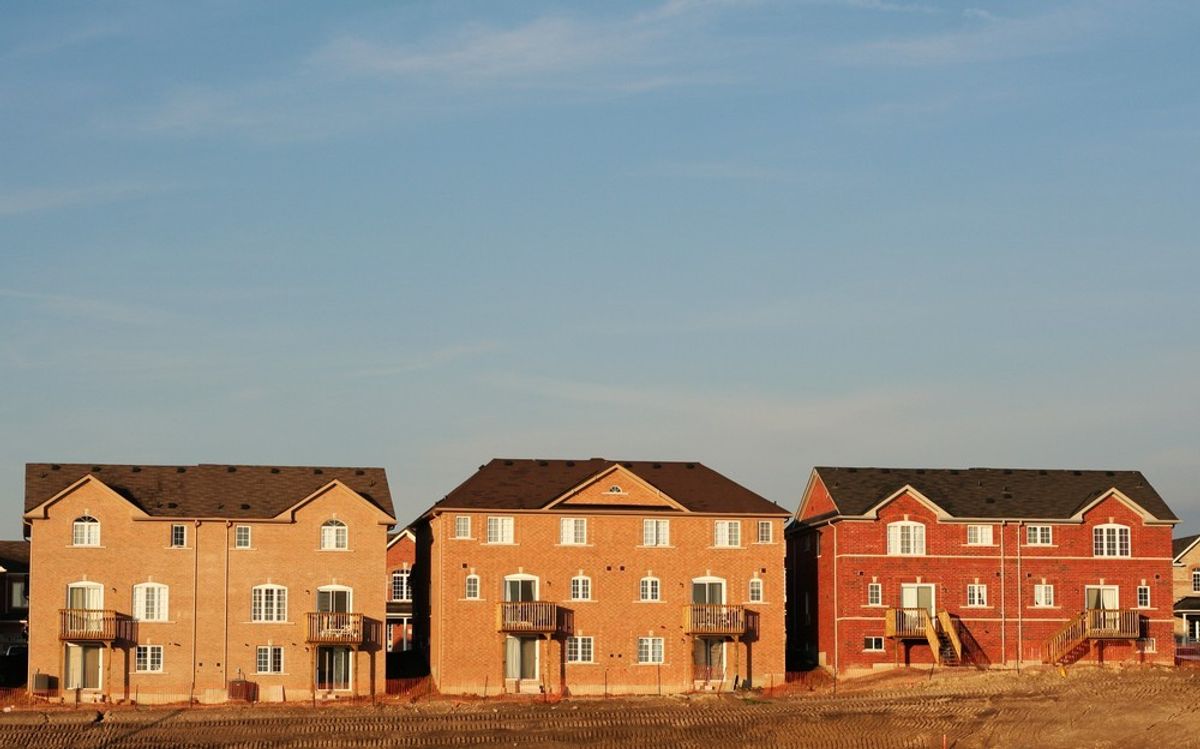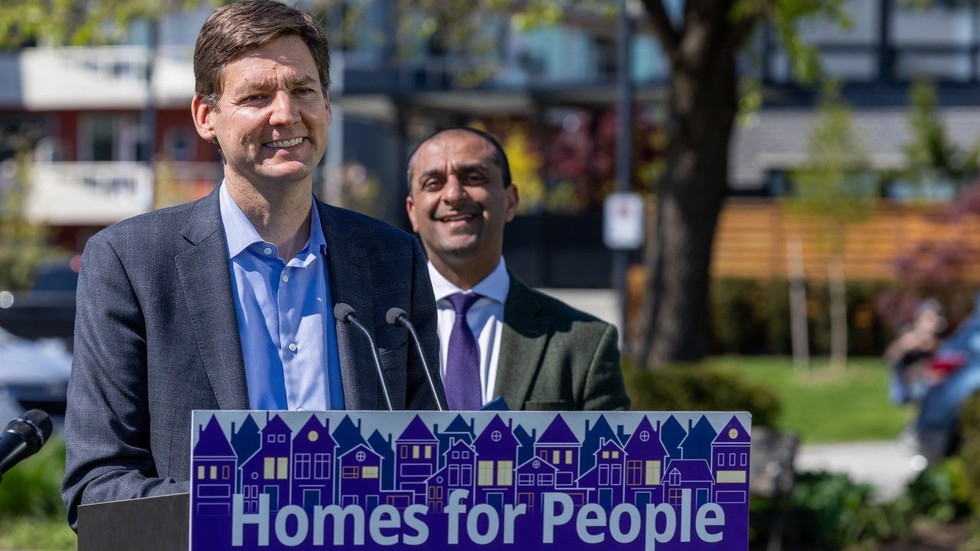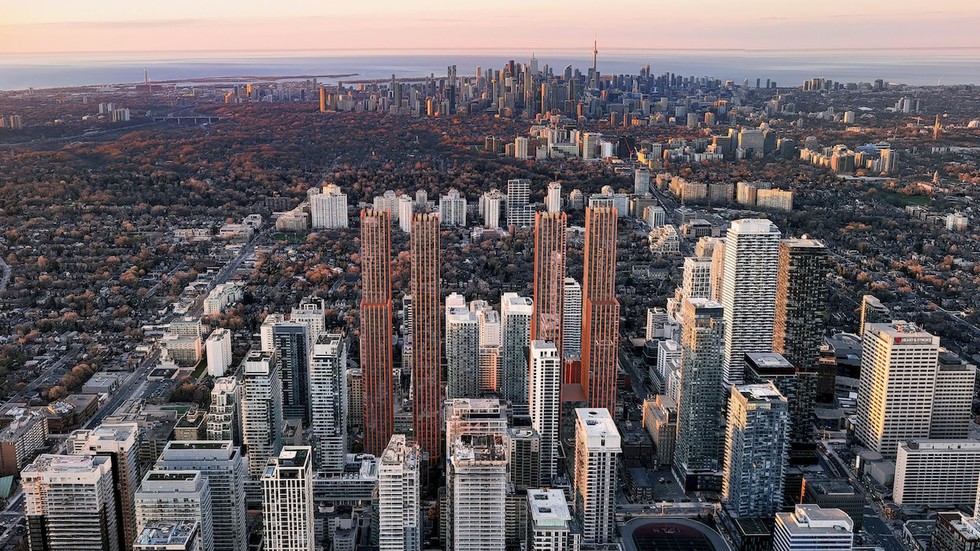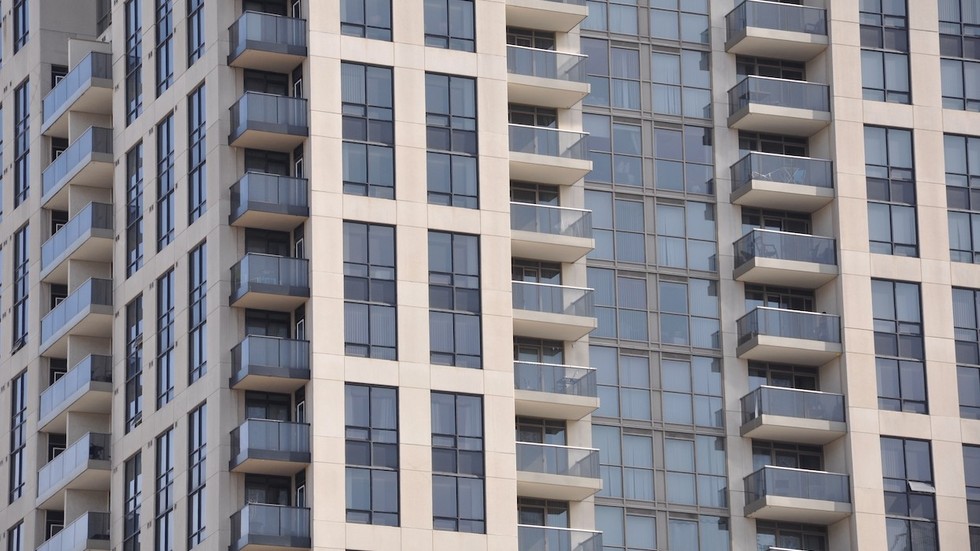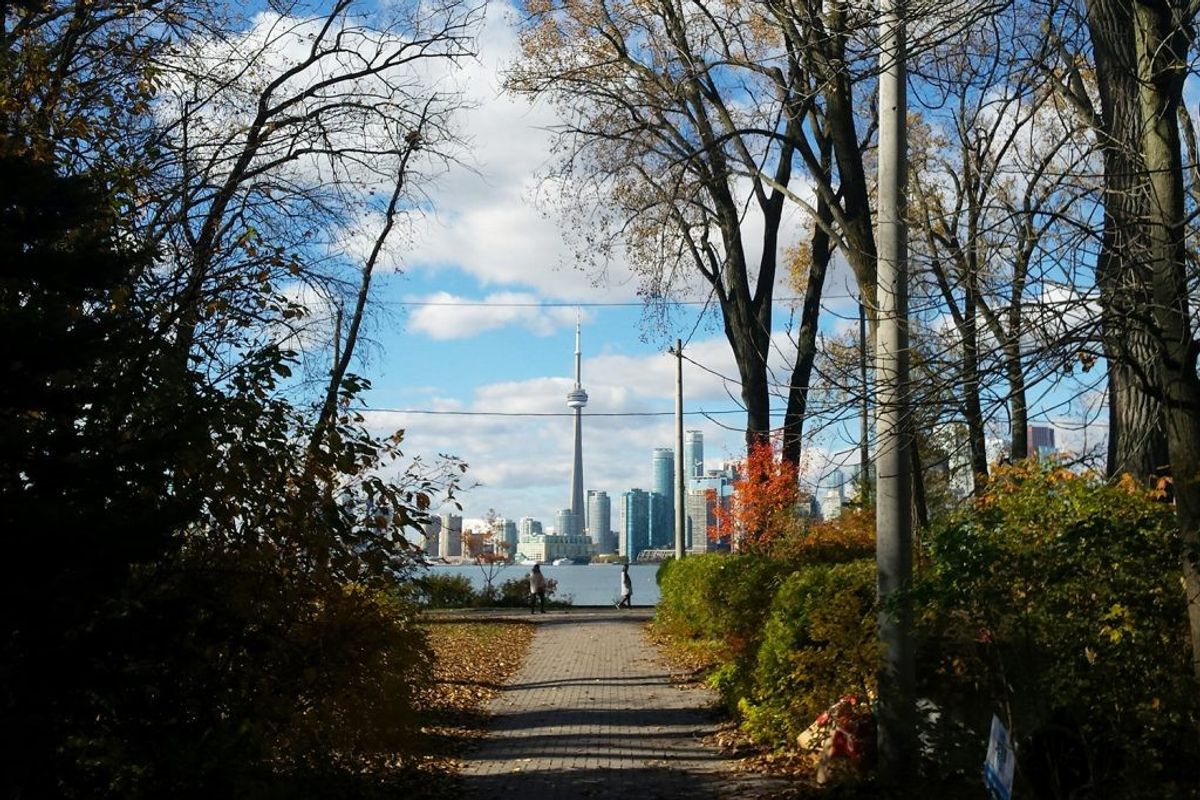Inequity, and the harrowing list of problems that come with it, is making Toronto an unhappy place for many to live.
According to the Toronto Foundation’s annual Toronto’s Vital Signs report released this week, our city “despite strong physical health … is by several measures the least happy city in the country, with our young people the least happy of all."
READ: A Guide To Toronto From One Of Its Biggest Accessibility Advocates
The 144-page report pulls no punches, declaring that as the gap between the affluent and poor widens, the problems will only intensify.
The report claims “emergency room visits for mental health are increasing extremely rapidly among young adults, as are hospitalizations for eating disorders." It also points out deaths from opioids and alcohol poisoning are increasingly rapidly, often affecting low-income groups the hardest.
The report also investigated categories such as safety, culture, education and housing. Citing a recent Toronto Public Health report, the 17th annual Vital Signs study says that Torontonians with lower incomes had worse outcomes in 20 of the 34 indicators they studied. The report cited that men in the lowest income group were “50 per cent more likely to die before age 75 than men in the highest income group."
READ: Toronto’s Climate Crisis Is A Fight To Control Our Future
Rates of unhappiness were much lower among low income residents between the ages of 18 to 29. People who don’t own their own homes were also found to have low life-satisfaction and much lower rates of happiness than the rest of the GTA.
So, despite being a city with so many positives (booming economy, low unemployment, higher life expectancies, lower death rates), Toronto is firmly in the grips of a growing inequity problem.
“Toronto does not work for all,” said Toronto Foundation CEO Sharon Avery. “In fact, for a growing majority, life in the city poses a serious struggle, and the trend lines suggest things will get worse before they get better. For those who think that things are no tougher today, Toronto's Vital Signs is a wake-up call. We've compiled more data than ever before and the evidence is clear: inequality is the new normal."
READ: Toronto Home Depot Stores Need Your Help To End Youth Homelessness
A letter from grassroots leaders in support of the Vital Signs report posted in the opinion section of The Toronto Star points out:
“So, what is the reality of living in a low-income neighbourhood?
• Physical and mental health outcomes are significantly lower and social isolation is higher
• Many low-income neighbourhoods have among the lowest public transit access in the city and many are not set up for walking or biking to work
• Many live in towers and yet there is less access to public green space here than in neighbourhoods with mostly single-family homes and backyards
• Feelings of safety are lowest here but there is a shortage of safe places for children to play
